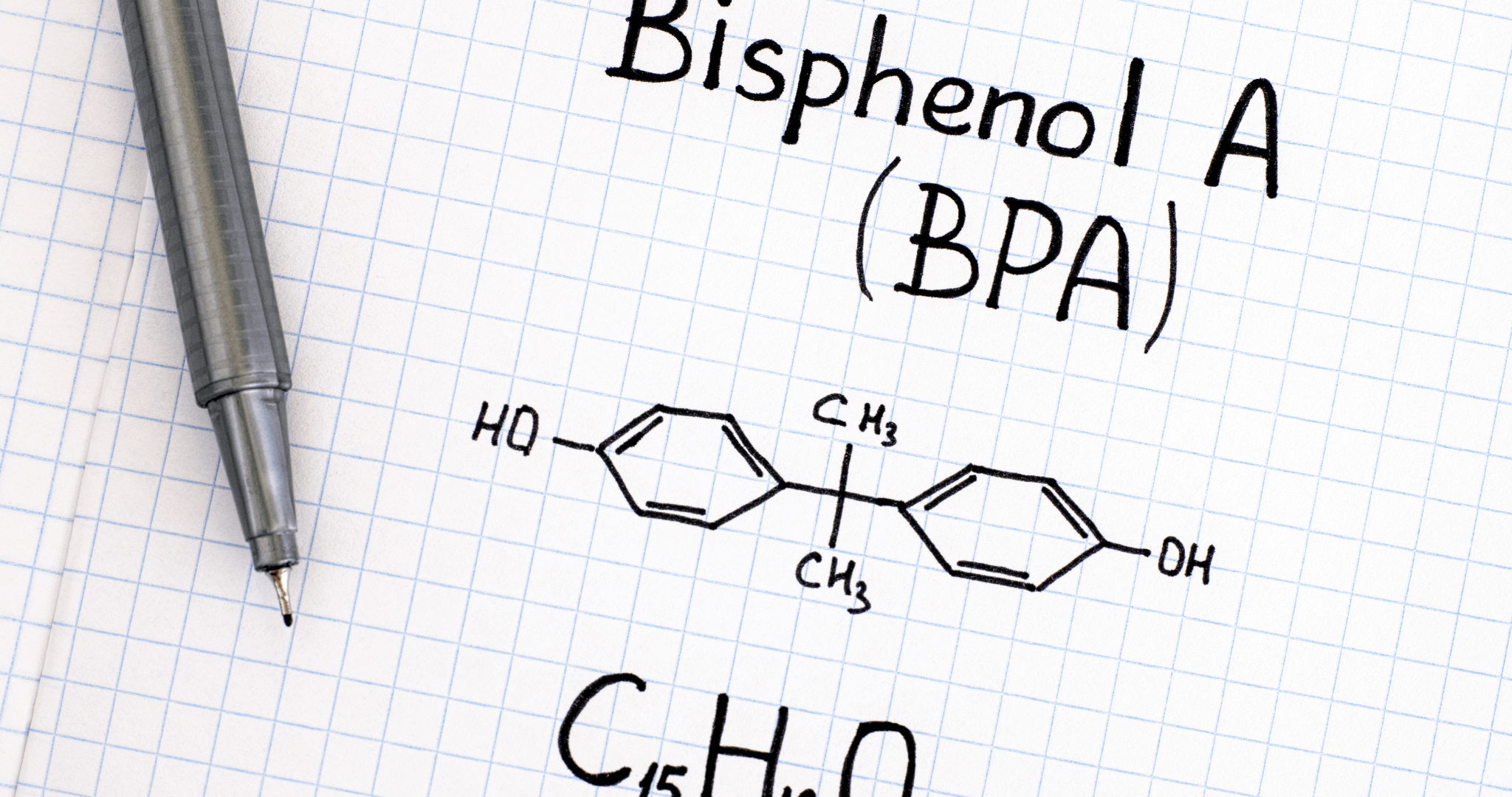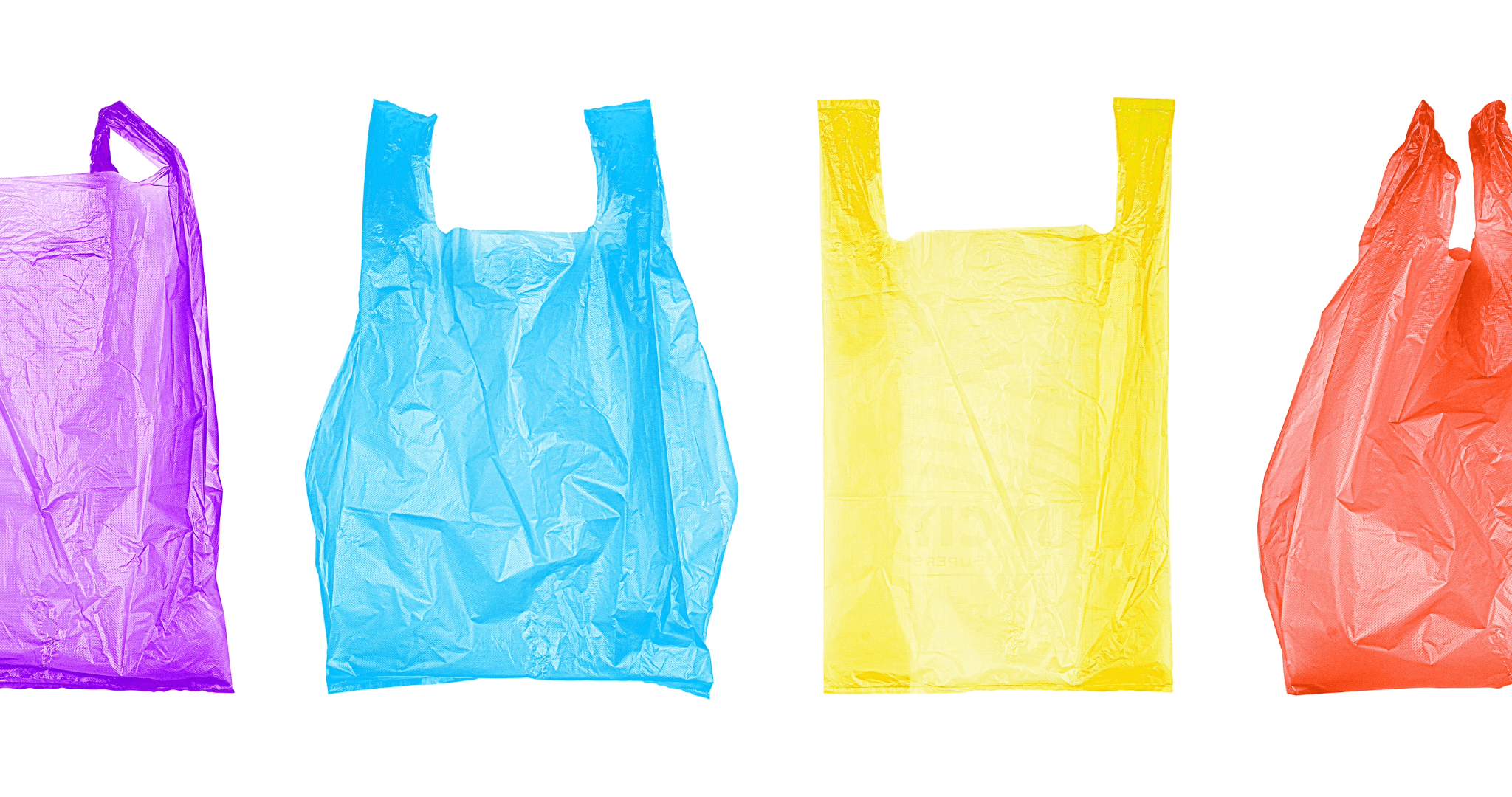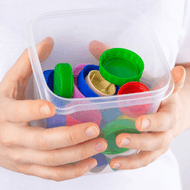EU Takes Steps to Ban 'Forever Chemicals' and Lightweight Plastic Bags, but Single-Use Packaging Still Faces Challenges
Posted by Emma on 25th Nov 2023 Reading Time:
In a significant move, the European Parliament has voted to ban Bisphenol A (BPA) and 'forever chemicals' from food packaging while also targeting lightweight plastic carrier bags for elimination. However, the plastic industry is concerned that this decision represents a 'missed opportunity' to stimulate investments in circular plastic packaging.

The alarming rise in packaging production and waste generation in Europe is a cause for concern. Between 2009 and 2021, packaging waste in the EU surged from 66 million tonnes to 84 million tonnes. Each European citizen generated approximately 118.7kg of packaging waste in 2021, with projections indicating a potential increase to 209kg by 2030 if no action is taken.
To address this pressing issue, policymakers have been working on new regulations under the Packaging and Packaging Waste Directive. The European Parliament's recent vote in favour of revised legislation, with 426 votes in favour, 125 against, and 74 abstentions, signals a commitment to tackling the growing problem of packaging waste while promoting reuse and recycling.
One key aspect of the legislation is the ban on per and polyfluorinated alkyl substances (PFAS), known as 'forever chemicals.' These substances, notorious for their environmental persistence, have infiltrated the food industry and raised health concerns. The European Consumer Organisation (BEUC) and MEPs have pushed for an EU-wide ban on these food packaging substances, which was approved in the recent vote.
Additionally, Bisphenol A (BPA), used in some food contact packaging, is also facing a potential ban across the board. BPA can migrate from packaging materials into food and drinks, prompting action to safeguard consumer health.
The proposed legislation sets ambitious targets for reducing packaging across EU Member States. These include a 5% reduction by 2030, 10% by 2035, and 15% by 2040. Specific goals for reducing plastic packaging also highlight the commitment to addressing the plastic waste issue.

In the quest to reduce packaging, MEPs are considering a ban on lightweight plastic carrier bags, with exceptions for hygiene and loose food packaging. Encouraging reuse and refill options is another key strategy, with plans to enable consumers to bring their containers for takeaway food and beverages.
However, the journey towards a circular economy for plastics remains a challenge. While the legislation aims for all packaging to be reusable or recyclable by 2030, concerns persist regarding the collection and recycling of takeaway packaging. The EU's lack of infrastructure for collecting and recycling takeaway packaging poses a significant obstacle.
Despite these measures, Rapporteur Frédérique Ries acknowledged that the end of throwaway packaging is still a distant goal, emphasising the need for further progress.
While various industries have welcomed aspects of the legislation, Plastics Europe views the vote as a 'missed opportunity' to incentivise plastic manufacturers to embrace circular packaging. The organisation calls for a more conducive regulatory environment and expresses concerns about the focus on plastics, overlooking the environmental impact of other packaging materials.
As this critical legislation takes shape, engaging in the conversation is essential. We encourage you to leave your thoughts and comments below on these developments and the path towards a more sustainable future for packaging in Europe.

